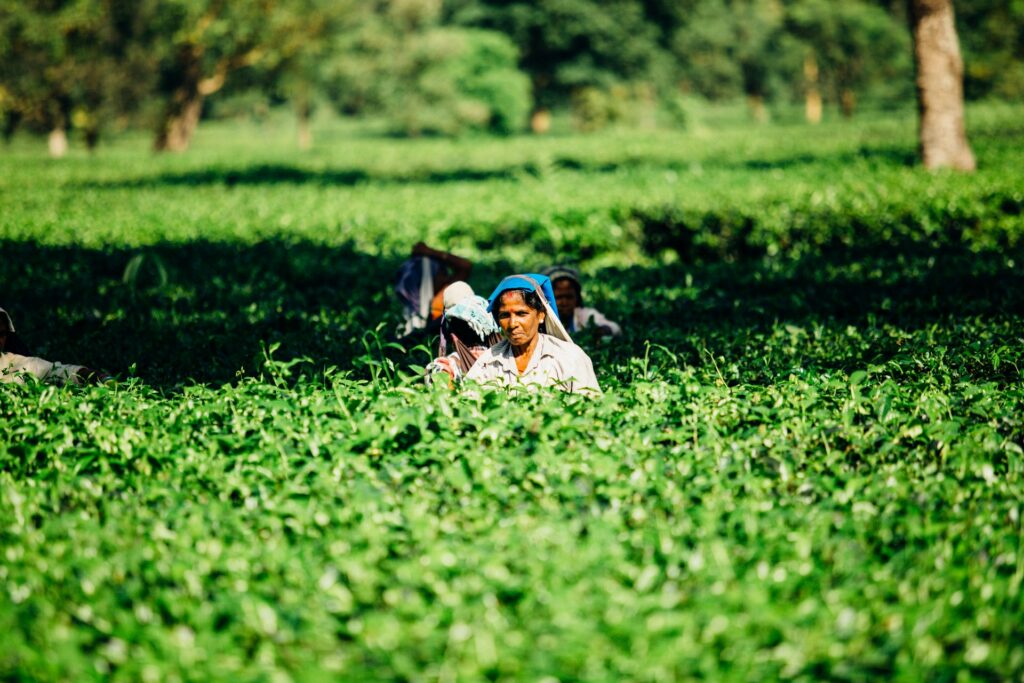Travel 2021 Predictions – A Take on What Travel Might Look Like

By Wego Travel
Let’s be honest: Who in 2019 could have predicted that a microscopic organism would come out of the blue and like a wrecking ball turn our world upside down? Yet, here we are, hoping that this year will be the ray of sunshine at the end of a long, grim tunnel.
What will 2021 be like? Are we going to travel? And will travel be like in the good old days or more like the introspective, isolated, locked-down mess that 2020 has been?
So, we took our crystal balls and boldly speculated about what 2021 might be like. Warning: get ready for a reality check or two.
Also, per our legal department’s plea, don’t hold us to our predictions should things turn out differently. In return we promise to play nice and share our glimpses of hopeful scenarios.

Vaccines won’t be the cure-all in 2021
COVID-19 vaccines would not be the cure-all in 2021. There, we’ve said it.
First of all, it won’t even be until middle of 2021 before a significant portion of the world’s population gets vaccinated, enough to at least break the chain and slow down the transmission.
Complicated logistics for distribution and the time required to produce mass quantities are among the primary causes for slow rollout.
Many developing and underdeveloped parts of the world like India, Indonesia, Africa, Brazil, etc, simply lack the infrastructure to store and distribute the vaccine across millions of people. The hotter climate at these places will also pose a major challenge.
Keep in mind that even if you’re one of the lucky few to get the first dose of the vaccine, you can’t really roam about freely just after the initial shot. You’ll most likely have to wait for 21 or 28 days to administer the second dose.
And while the media deservedly lauds the 90%+ vaccine efficacy, that percentage refers to the 3-month efficacy of the Phase III vaccine trials. The long-term—12-month—efficacy is unknown and will remain so until at least the second half of 2021.
Another hurdle lies in the high level of public mistrust. Even before COVID-19 outbreak, roughly between 20% and 50% of the people in most countries were against vaccines. Add to that the politicization of pandemic with massive amounts of disinformation further polarizing people’s opinions about the COVID-19 vaccine.
The list of challenges in immunizing a population of 7.8 billion people doesn’t end there. Geopolitical ties will further hinder the deployment of the COVID-19 vaccine, delaying the normalization of travel and lives.
Rapid testing will be the cure-all in 2021
While we are bearish on vaccines to deliver everything that is hoped for in 2021, we are very bullish on rapid testing to help carry the torch forward. RT-PCR (Reverse transcription-polymerase chain reaction) tests might be deemed the gold standard yet there is an argument to be made that they might be too sensitive to be practical during a lengthy pandemic.
And that’s where rapid antigen testing really shines.
The tests are easier and cheaper to deploy and administer than both PCR tests or vaccines, less unpleasant to take and quicker to produce a result. Mass production is also easy and quick, and bears few societal costs — no lockdowns, no waiting, no populism and conspiracies.
Most crucially, rapid tests are extremely accurate in showing a positive result when a person is infectious. And that is the key point—if a person is no longer infectious or feeling sick yet the RT-PCR test returns a positive result as there might still be remnants of the virus inside the person’s body, are they really a threat to society?
The silver lining of that cacophony of opinions and policies in a year-long pandemic has been a significant amount of learning about what works and what doesn’t.
More medical experts and political leaders are giving the idea a try with Slovakia in Europe having already tested it’s population and others testing out the idea as of this writing include airports in London and Rome and carriers like Delta Air Lines and Virgin Atlantic.
As the approach proves successful, the rapid testing would therefore, possibly, be widely implemented worldwide by the end of Q1’2021.
2021 will see more effective policy-making
Beyond the public health crisis, the world saw a leadership deficit in 2020 with WHO never really filling in the global leadership role for which it was created, the USA being slow and inconsistent in its response, and EU countries taking on a variety of differing approaches.
Yet the silver lining of that cacophony of opinions and policies in a year-long pandemic has been a significant amount of learning about what works and what doesn’t:
- Sweden’s laissez-faire approach to achieve herd immunity conclusively failed as the second wave hit the country as hard, if not harder, than other European countries;
- Iceland’s approach to PCR test everyone works but is practical only to small nations and offers only temporarily reprieve as the island country still went through a second wave;
- Asian countries’ approach to adhere to strict mask wearing and restrictive border policies works yet takes a heavy toll on the economy in general and travel & tourism in particular;
- Hard lockdowns are effective in stemming the rampant spread, yet take a heavy toll on the economy;
- Ignoring the virus altogether and hoping it somehow disappears on its own didn’t work for the USA, Brazil among others.
The learnings of the pandemic are very much real with data to show for it. Rapid testing and vaccines are about to become valuable tools in the arsenal of policy makers offering effective solutions at minimal societal and economic costs.
Finally, technology tools for contact tracing, like the one in Singapore, offer an efficient way to identify infected people and have a laser-sharp policy targeting just them instead of broad policy measures impacting the population at large.
2021 looks destined to significantly surpass the low bar the current year set in terms of policy-making.

Travel will never be the same again
We can all agree: Travel will never be the same again in the post-COVID world.
New travel passes or health passport
Countries will start issuing new travel passes indicating one’s testing or vaccination status. Such a solution has existed for decades — the Carte Jaune, or yellow card, shows one’s vaccination status against yellow fever.
What will be different this time around is the sheer scale; the COVID-19 travel pass will be for global travel and possibly even for one’s city as people might be using these documents for faster check-ins into commercial buildings and transportation hubs.
Testing is the new security measure
Rapid testing will become commonplace in many areas, such as airports, train stations, and major events, to alleviate risks for everyone.
The importance of hygiene
A major COVID-19 lesson has been the importance of hygiene: regular washing of hands, sanitization of public places, and rigorous cleaning go a long way in the prevention of COVID-19. We’ll also see stricter hygiene practices becoming the norm in public spaces and modes of transport: airlines, subway, buses, etc.
The rise of “revenge travel”…
Being at home for months has left most people with a pent-up urge to travel in 2021. The result is “revenge travel”, an idea of traveling to your heart’s content after being fed up with lockdowns and numerous travel restrictions.
What may give this trend a boost is the simple fact that households that kept steady incomes throughout the pandemic actually have a lot more savings now thanks to smaller spending on travel and daily commute.
…followed by the rise of luxury travel
One byproduct of revenge travel in a post-pandemic world would be the rise of luxury travel. With travel becoming more cumbersome due to the extra health requirements, one might as well pick a destination and accommodation that are well worth the hassle.
Business travel may not be back in full force anytime soon
While leisure travel might be back to 2019 levels as soon as 2021, expect regular business travel to take much longer to recover since virtual meetings have now become the norm and offer efficiency. Plus, with businesses becoming more cost-conscious, one of the easiest things to cut is discretionary spending on travel.
The popularity of alternative accommodation
Alternative accommodation will outpace hotels riding the wave of ‘work from home’ that for many workers has morphed into ‘work from anywhere’. Private accommodations are frequently perceived as lower risk than busy, large hotels with thousands of guests.






Responses